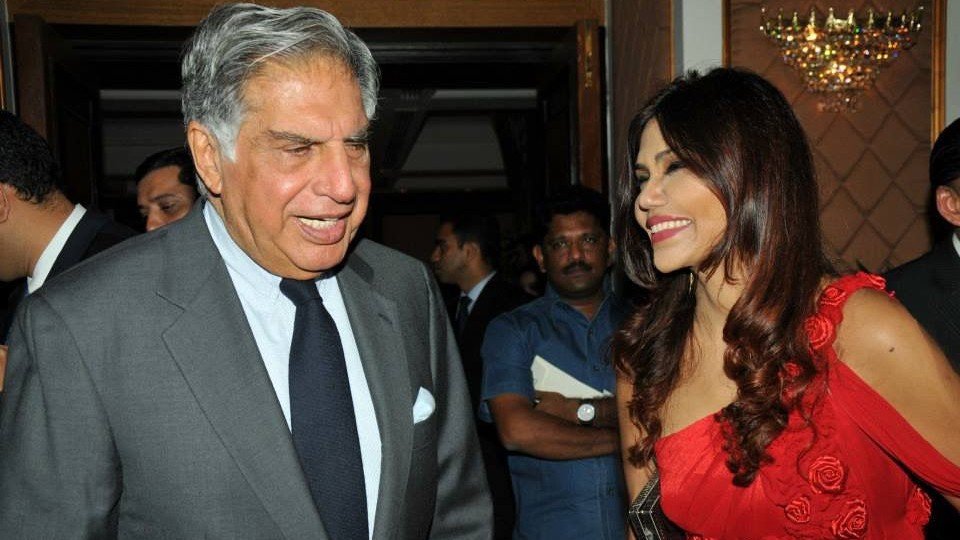For tabla maestro Pt Yogesh Samsi, the weekend has been busy. A solo recital in Mumbai at the joint barsi of Ustad Amir Hussain Khan and Pt Arvind Mulgaonkar on Friday was followed by a show in Pune by a percussion ensemble led by him. Today (February 16), he will be the content narrator at 3 Sur 3 Taal – Sangeetmay Tihai, a musical homage to Ustad Zakir Hussain.
Organised by Pancham Nishad, the day-long show at the Y.B. Chavan Auditorium, Nariman Point has been divided into three sessions, featuring the younger generation. Each segment will have a tabla solo, an instrumental performance and a vocal recital. The idea was conceived some years ago when Shashi Vyas of Pancham Nishad had an impromptu discussion with Zakir Hussain. While they couldn’t follow it up because of individual commitments, Vyas has now taken it forward, choosing the musicians for the tribute.
The morning session, from 9 a.m., will have performances by tabla player Vivek Pandya, sitar exponent Mehtab Ali Niazi and vocalist Anniruddha Aithal. In the afternoon, at 2 p.m., Ishaan Ghosh’s tabla solo will be followed by flautist S. Akash and vocalist Armaan Khan. The evening slot from 6 p.m. will feature Yashwant Vaishnav on tabla, Momin Khan on sarangi and Gandhar Deshpande on vocals. Entry to the show is free.
In his sessions, Samsi will reflect on Hussain’s immense contributions and offer deep insights into his musical legacy. He will also brief the audience about the featured performances, and talk of the essence of Indian classical music. “It’s a positive thing that young artistes are being featured in 3 Sur 3 Taal. Also, by having tabla, instrumental and vocal, the programming is comprehensive,” he says.
The Pune event yesterday, titled Dharohar, was also a homage to Hussain. Says Samsi, “Zakir bhai was to perform with young musicians at the NCPA Aadi Anant show in December. But that couldn’t happen and we planned a similar thing in Pune with my son Shravan Samsi on drums, Swaminathan Selvaganesh on kanjira, Krushna Salunke on pakhawaj and Takahiro on santoor.”
Having learnt from Ustad Alla Rakha for 24 years, and having known Hussain for 47 years, Samsi has had a close association with the family. Though he has also learnt vocal music from his father Pt Dinkar Kaikini and his mother Shashikala Kaikini, he was drawn to tabla as a child. He first studied under Pt Taranath Rao, before Alla Rakha accepted him as a ganda bandh disciple. He recalls, “I was only nine then, and it’s been a long journey. It was like home for me, and the entire family has been like my own family. Apart from experiencing guru-shishya parampara in the truest sense, the association has helped me both in my career and my way of life.”
Ustad Zakir Hussain
When Samsi started learning from Abbaji, it was on a one-on-one basis. He says, “He would make me sit in front of him and practise. I would also watch him practise and learn just through observation. After a few years, he started teaching the nuances and finer aspects of the Punjab gharana. I would also accompany him on stage, and that was a different kind of training. With Zakir-bhai, he has always been a huge inspiration. I would observe him practise and perform, and he was a friend, philosopher and guide.”
Besides numerous solo concerts, Samsi has accompanied many artistes from santoor maestro Pt Shivkumar Sharma and flautist Pt Hariprasad Chaurasia to sarod exponent Ustad Amjad Ali Khan and sitar player Ustad Shahid Parvez. He says, “When you play solo, you get an opportunity to express yourself and even represent the tradition you come from. You can choose what you want to do. When you’re accompanying, you’re mainly supporting the vocalist or instrumentalist. There you have to take a few steps back, hold your ideas and creativity, and wait for the opportune time you may get or may not get.”
Today, Samsi teaches 35 people of which 25 are playing professionally. He teaches on a one-on-one basis, calling students on different days. He says, “Each student has different strengths and weaknesses and it’s only when I teach them individually that I can guide them best. Of course, when I conduct workshops, I do them in groups.”
Samsi’s son Shravan is adept at the drums. Says the father, “He started learning tabla from me and still does. But he decided to express himself in a slightly different way. I gave him the freedom to explore that path, and I’m satisfied with the way he’s progressing.”
Balancing time between performing and teaching, the 56-year-old tabla maestro believes focus and hard work are necessary for one to become a professional musician. He has been leading by example, for sure.




